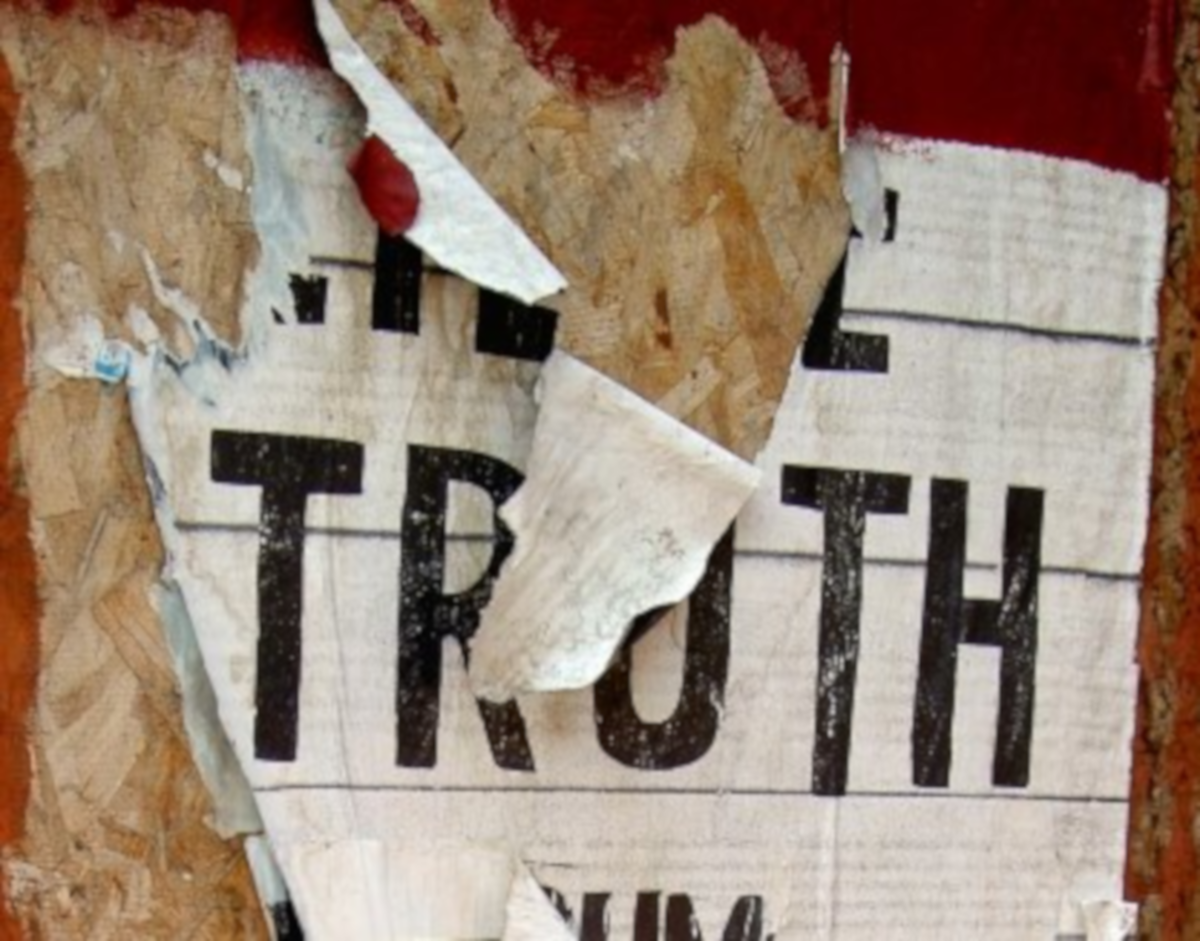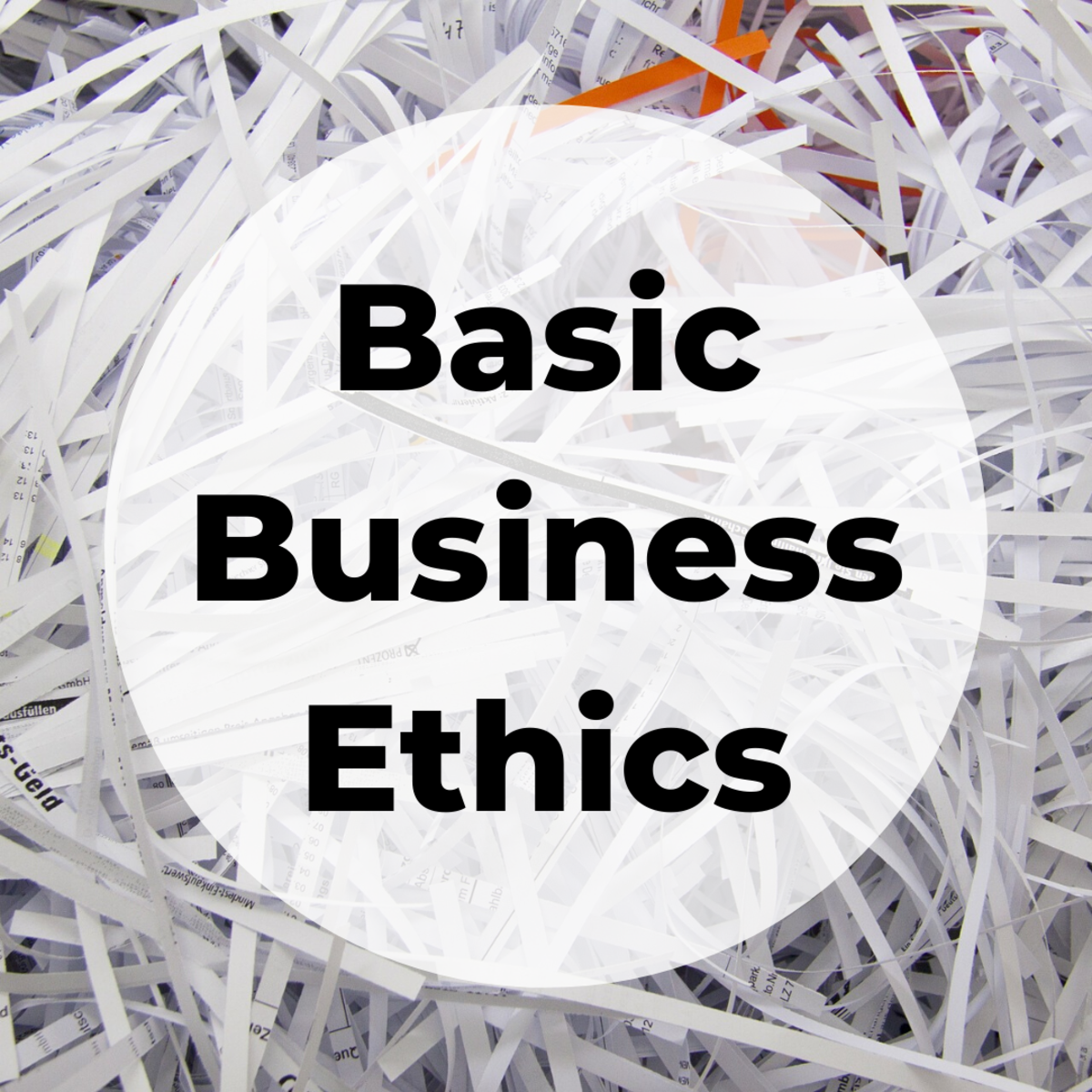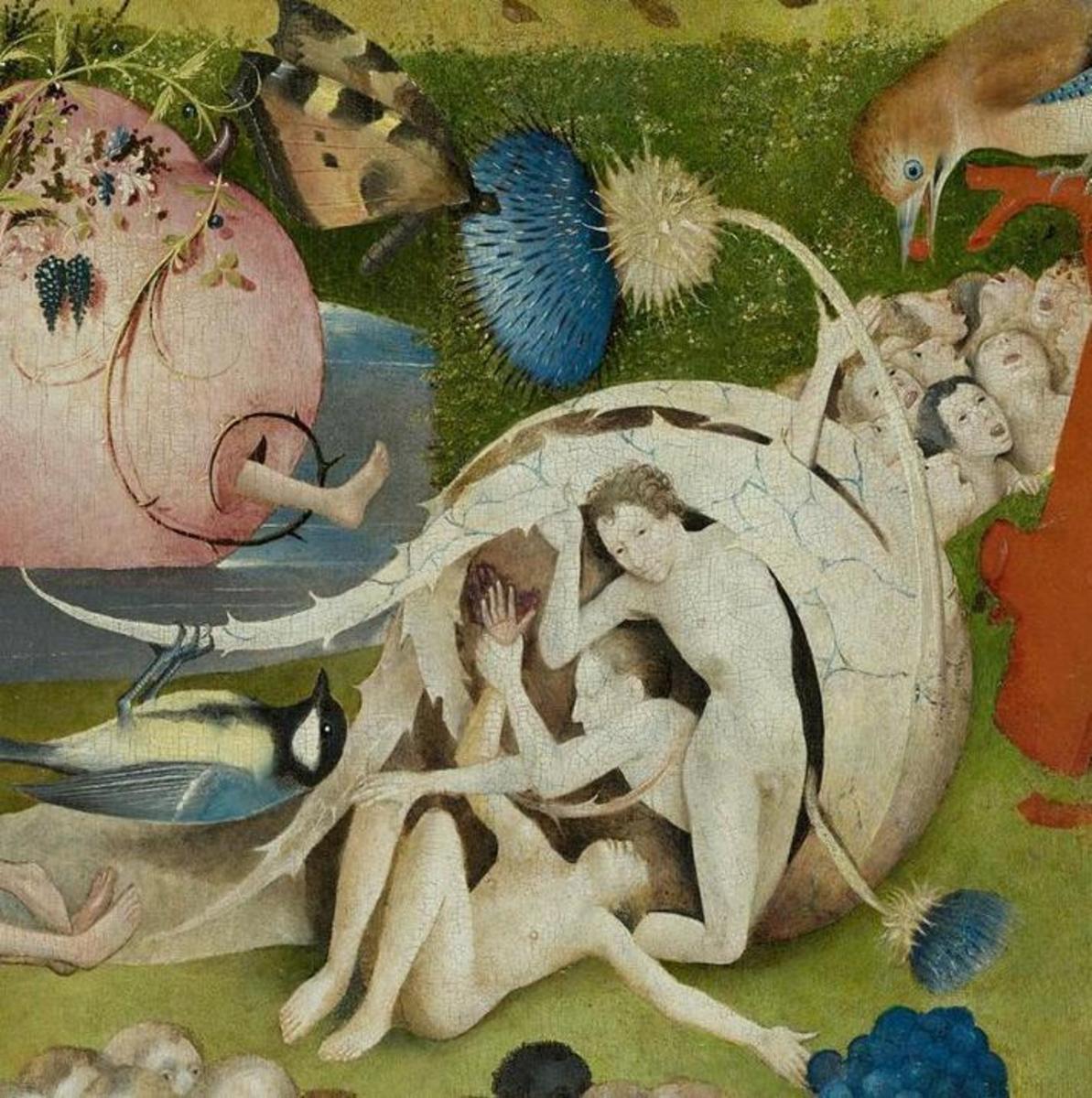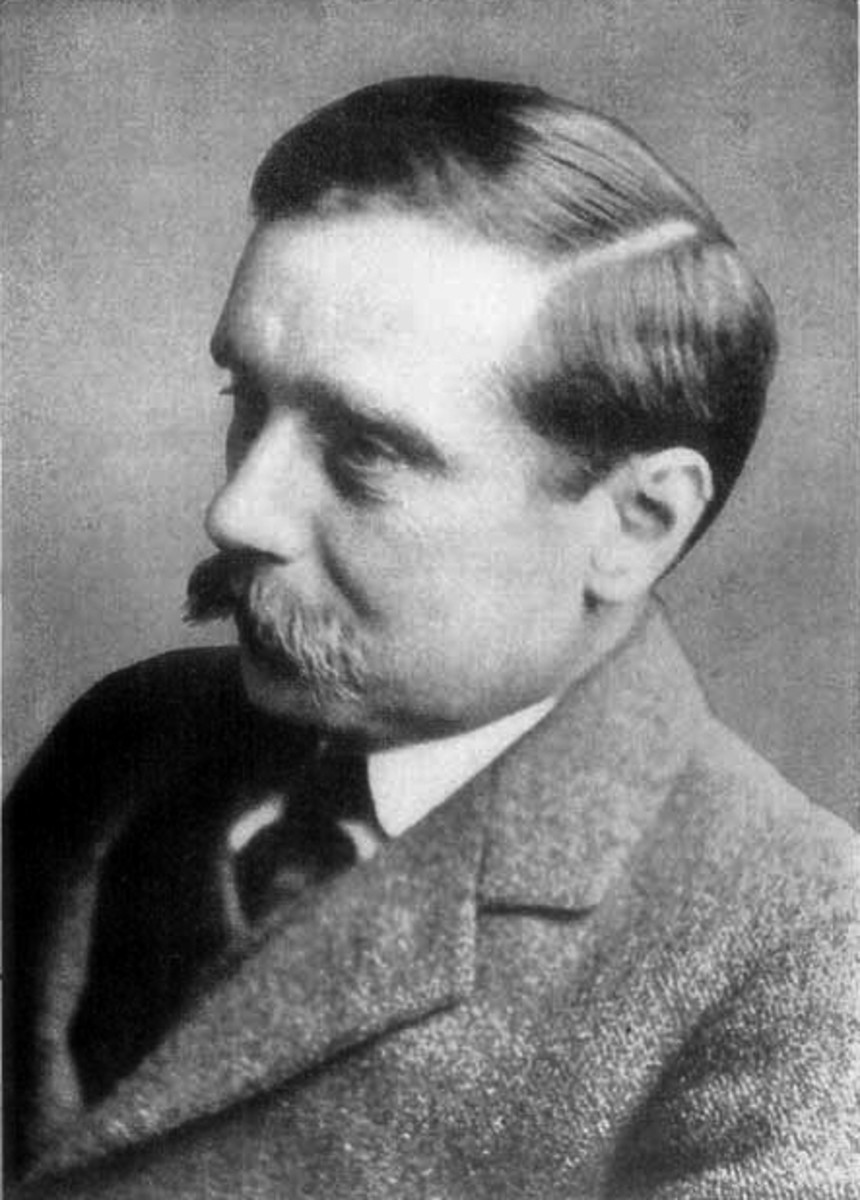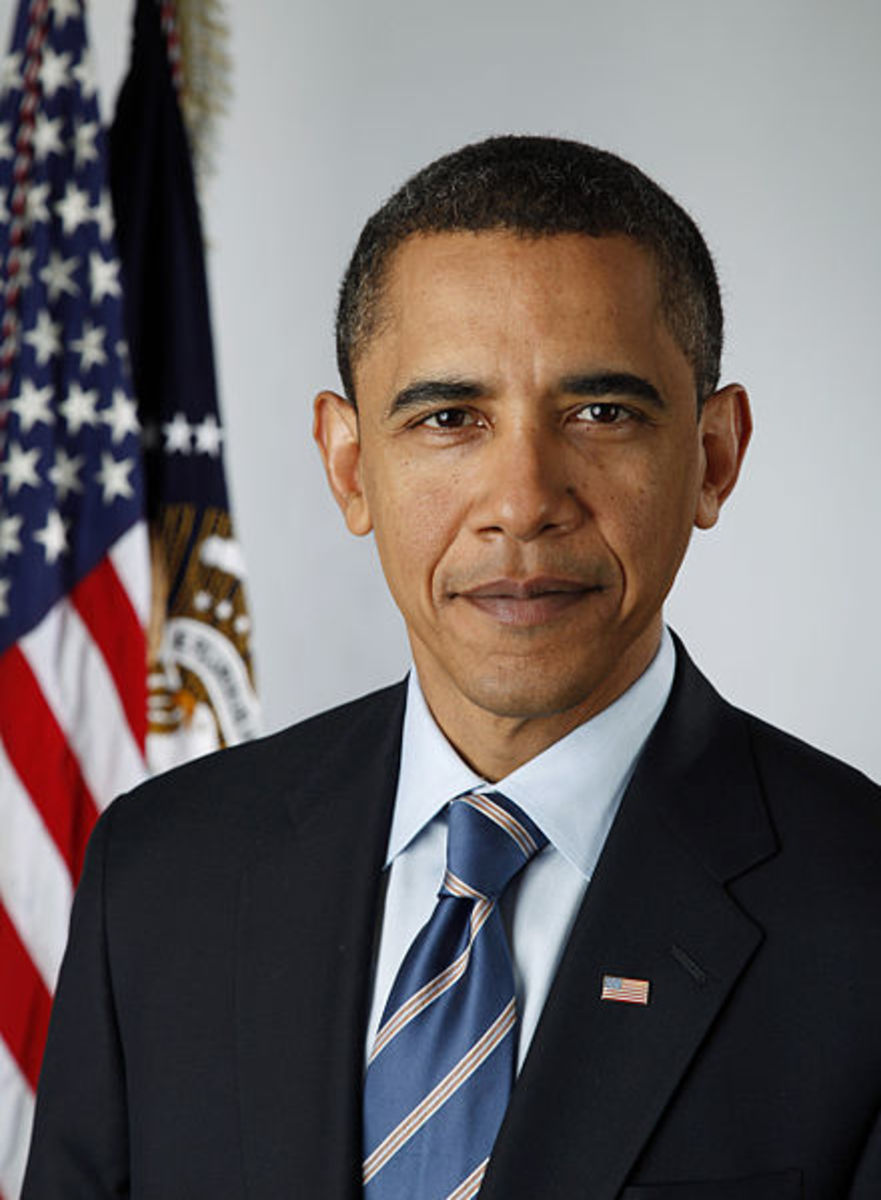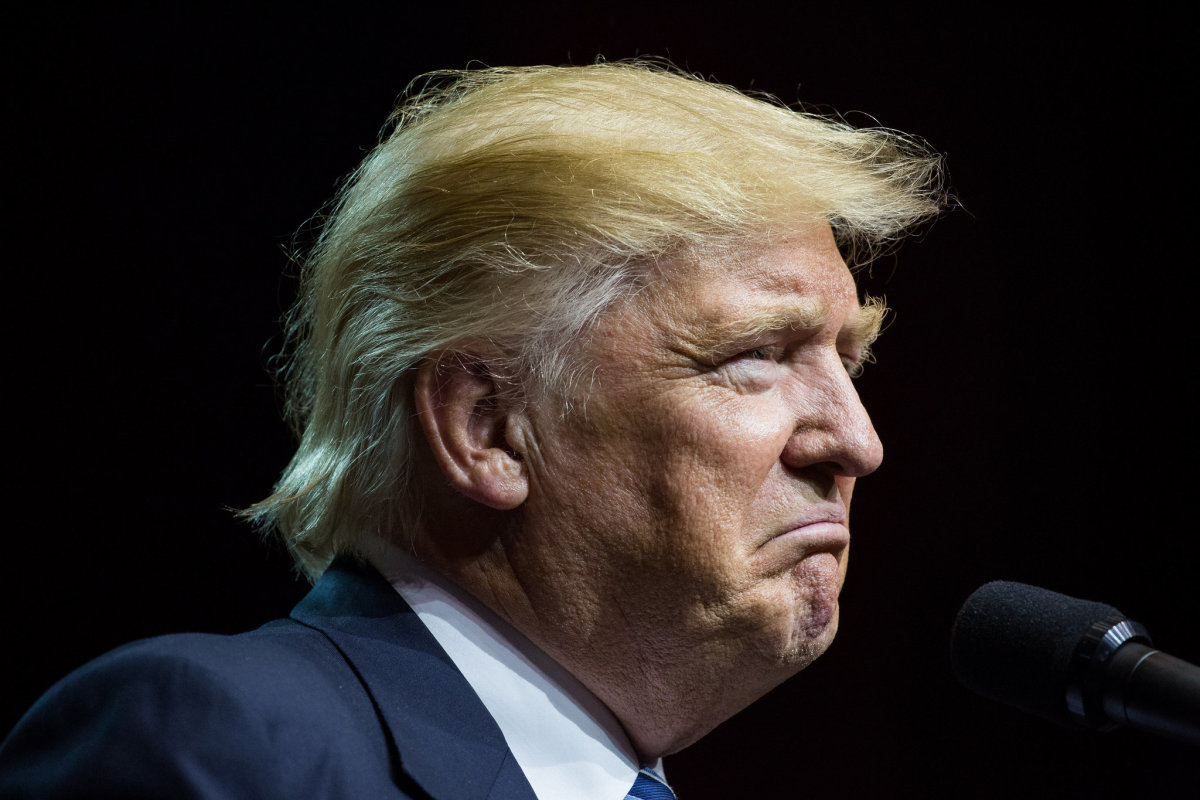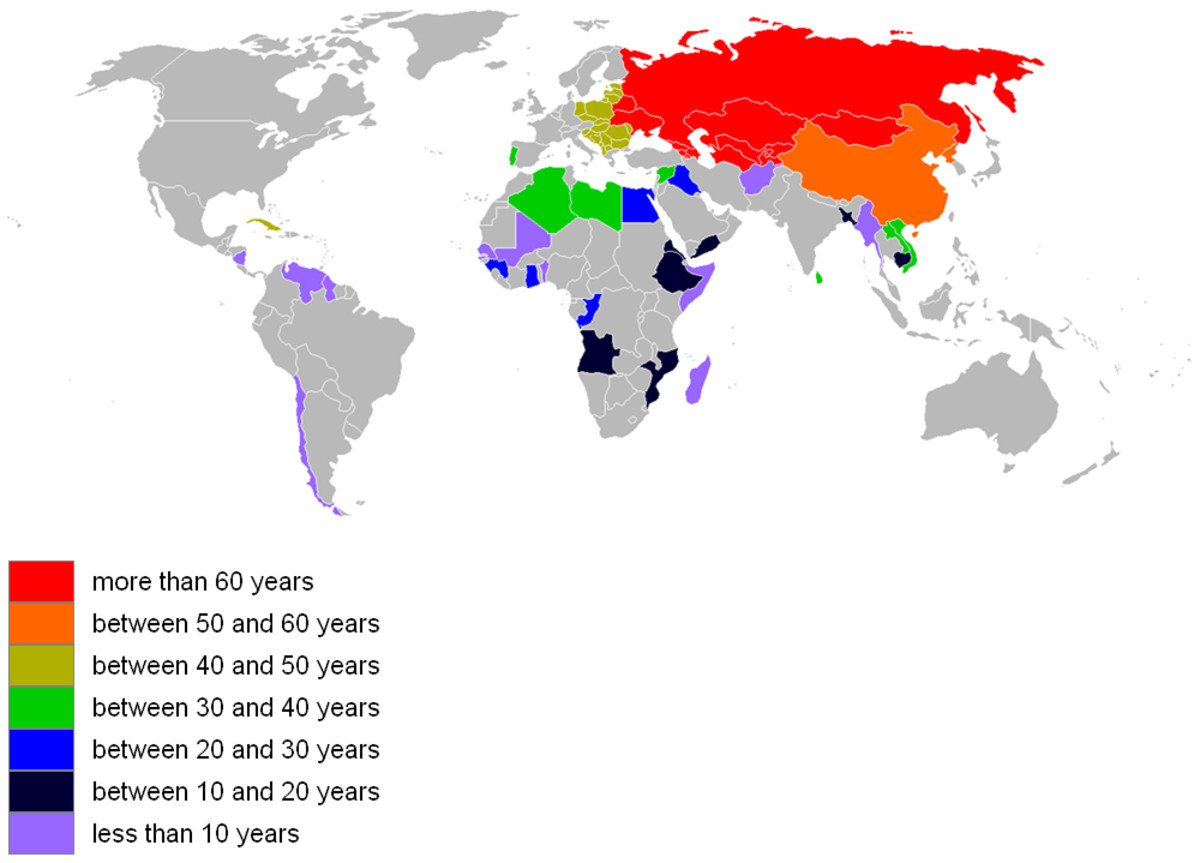The Moral Economy
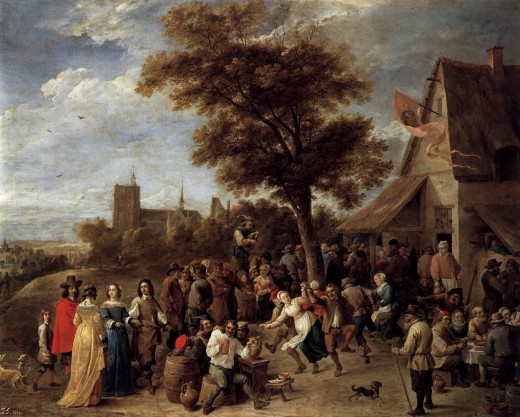
Social Bandits
The moral economy was the set of time-honoured unwritten codes of ethical and normative interpersonal behaviour which peasants abided prior to the rise of the modern state.
This theory was expounded by Eric's Hobsbawm in his book 'Bandits' (1969) and was further elaborated by James Scott in 'The Moral Economy of the Peasant: Subsistence and Rebellion in Southeast Asia' (1976).
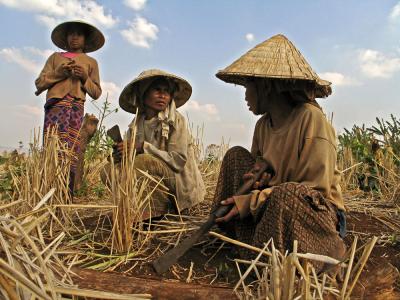
Peasants vs Farmers
What is the difference between peasants and farmers? Are they not the same? They are most certainly not.
Pesants are usually :
- poorer than "farmers"
- more reliant on manual labour and simple tools
- not fully commercialised and integrated into the market conomy
- rely on subsistence agriculture
- a negative connotation for pre-modern and feudal era
- getting rarer (in the strict sense of the word)
As such, it would be inaccurate to refer to American farmers as American "peasants". However, it would be acceptable to call a Thai farmer as a Thai peasant.
Thomas Hobbes
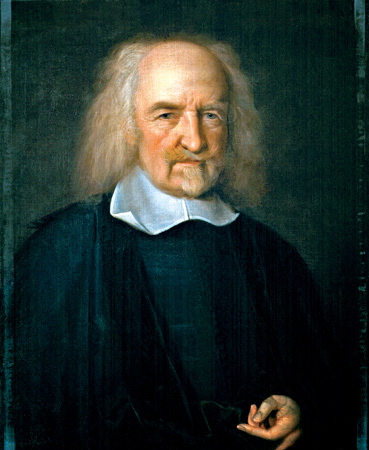
Positive Sum Society
The peasant society prior to the modern state was a positive-sum society. It was a tightly knit community that was cooperative. Peasants helped each other to survive and did not live at each others' expense. Each peasant's gain was also a gain for another and vice versa. The whole village survived or perished together.
This sharply contrasted the Hobbesian state of nature which espoused a "dog-eat-dog" world where people tried to gain at the expense each other in the "war of every man against every man". One's gain was another's loss and this was known as zero-sum competition.
Karl Marx
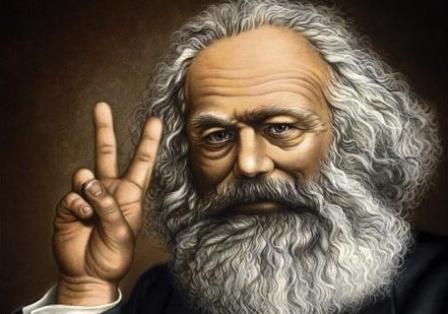
Marxist?
The moral economy may resemble the marxist idea but the resemblance is superficial.
The Marxist Ideal
- pre-modern harmonious utopian community
- no exploitative capitalist state
- classless
- no poverty
The Peasant Society
- private ownership is allowed
- social classes exist
- poverty remains
The key difference between the two is that the latter is much more realistic.
Enter the Modern State
What happened to this moral economy? The rise of the modern state forcibly integrated the peasants into the world economy. They were now forced to produce for the market and not just themselves. Moreover, they also had to produce crops what they did not consume such as coffee and tea. They were also not subjected to the vagaries of the world market which meant price fluctuations had a direct impact on their income. All these were in addition to the vagaries of the weather which they had to deal with and they were also previously subsistence farmers.
Enforcement of taxation by the modern state on peasants eroded the moral economy. By imposing various forms of taxes that must be paid in full and on time, they state made ruthless and onerous demands on their already precarious living. Non-compliance meant legal and physical punishment. The state's growing ability to locate and track down its population made this possible.
Under these new circumstances, the behaviour of the peasants began to change. No longer were neighbours so willing to help each other out in times of crisis. The enforcement of taxation made landlords less lenient and benevolent as well.
Revolt
As social norms of mutual help and reciprocity broke down due to the development of the modern state, villagers reminisce about their past. Nostalgia made them yearn for a return to the old system of things. As a result, peasants started revolting against the state. These revolts were known as restorationist rebellions as they aimed to restore the previous state of things.
Hobsbawm referred to this revolters as social bandits as they redress injustice done by the state. They were admired as avengers and fighters for justice by other villagers.
In conclusion, we see that the development of the modern state eroded the moral economy of the peasant society.

